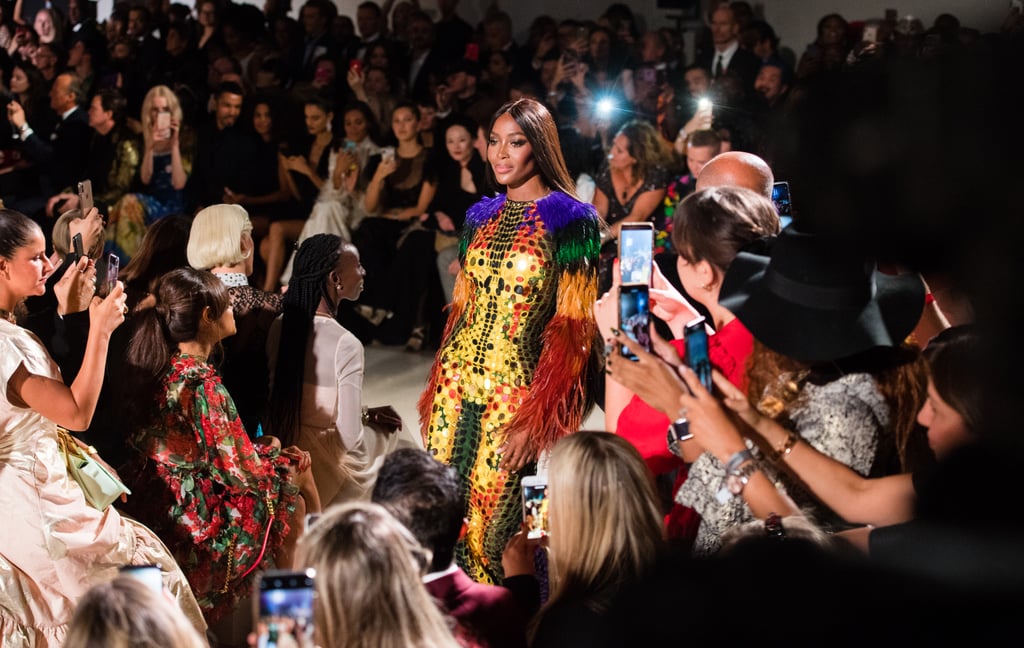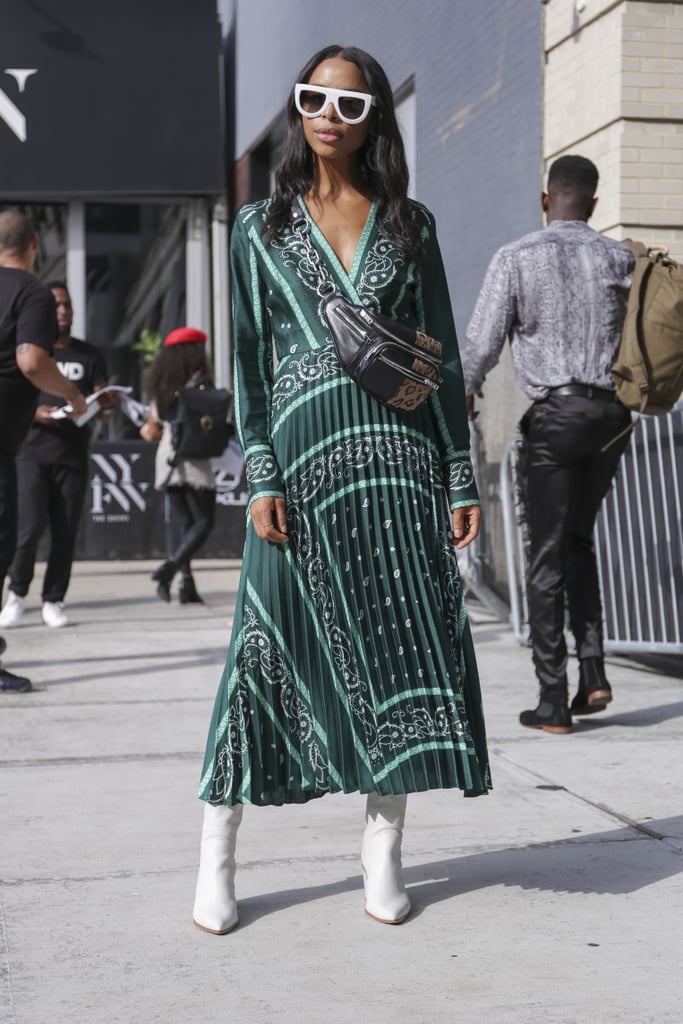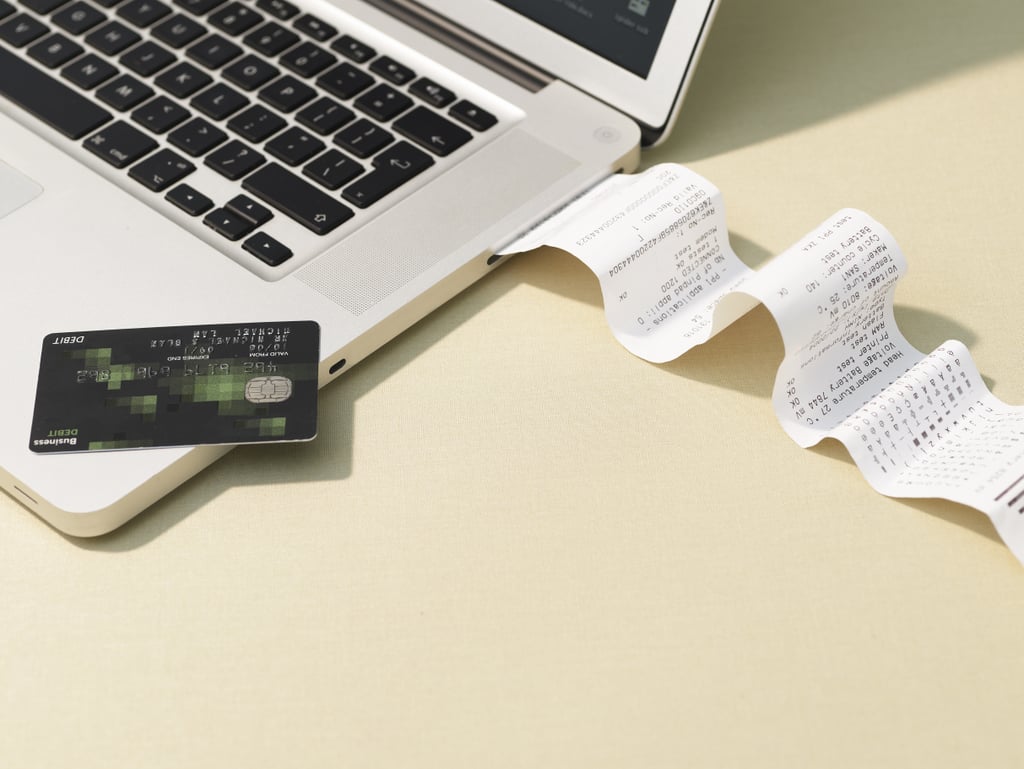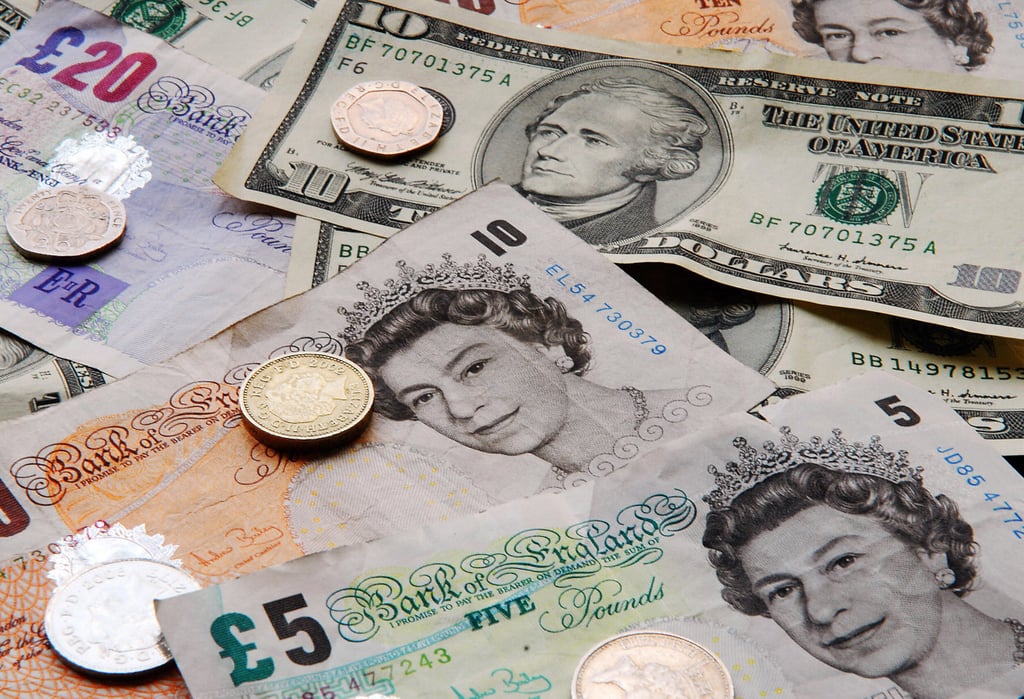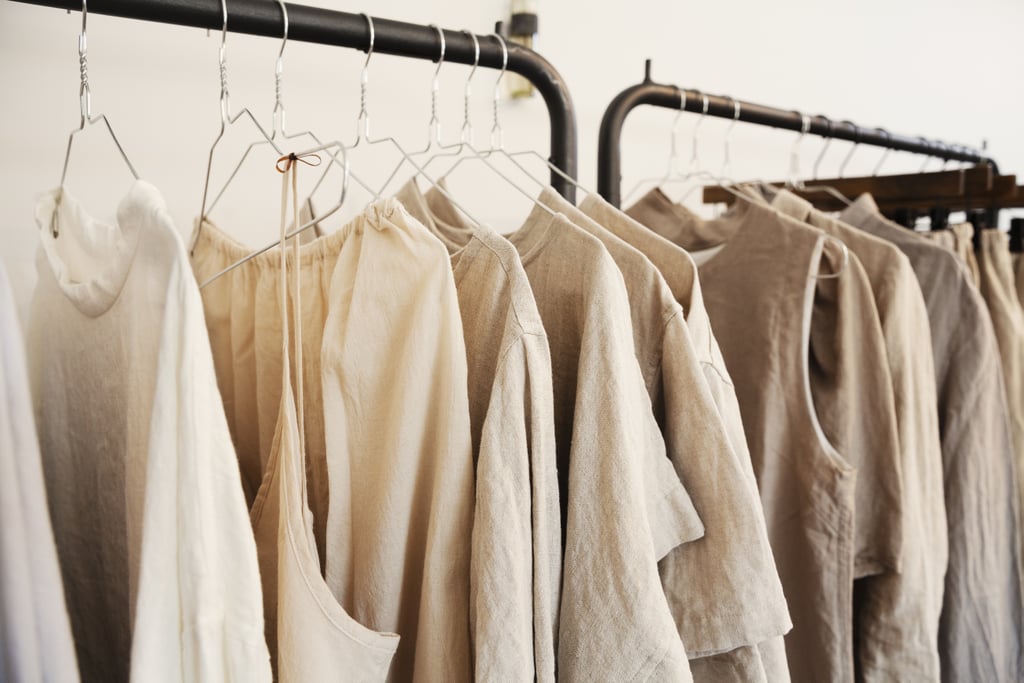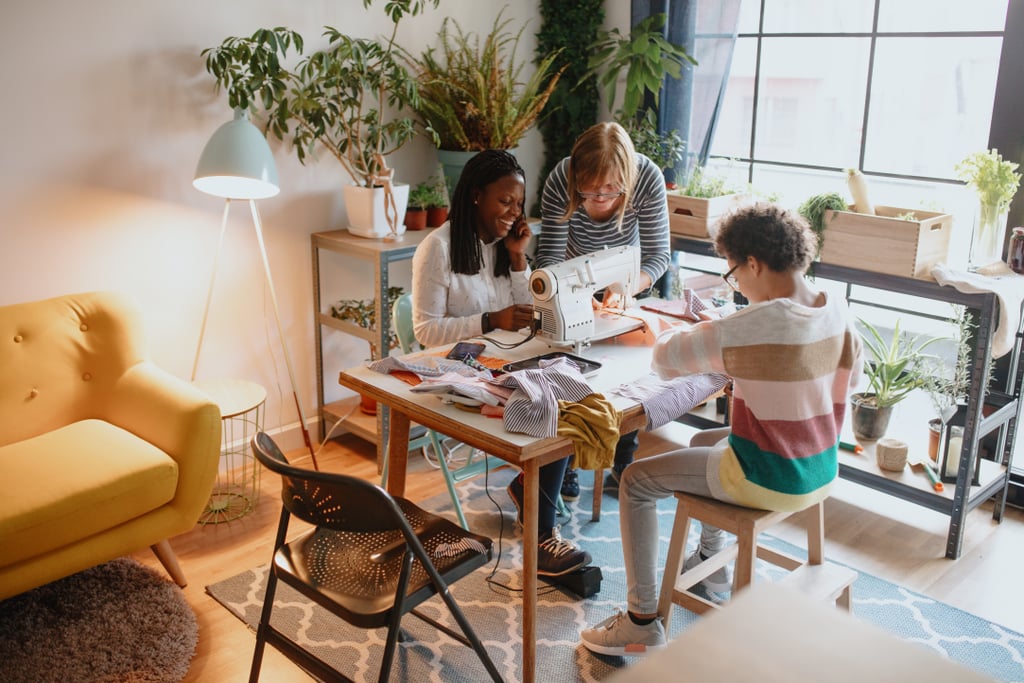The coronavirus is completely transforming our relationship with fashion and clothing. While we reflect on the ethical footprint [1] of our everyday purchases, our favourite brands are being forced to take sustainability more seriously. The pandemic has shown us how globally connected we all are — for better or worse. If fashion wants to thrive post-lockdown, then companies must connect the stories of those making clothes to the people buying them and how that aligns with the needs of our planet.
Fashion's embrace of sustainability has been slower than expected, but with shoppers becoming more conscious of our consumption, popular brands are responding more quickly to demand. What is lacking is brand transparency. Fashion Revolution Week [2] 2020 marks the seven-year anniversary of the Rana Plaza garment factory collapse [3] in 2013. The collapse of the factory, which made clothes for brands like Primark, Mango, and Matalan, took 1,134 lives because factory owners and big brands neglected the health and safety of garment workers.
While we're all navigating these uncertain times together, we have a unique opportunity — especially as shoppers — to form a new, healthier relationship with fashion.
Currently, history is repeating itself as those same companies are among retailers that are cancelling £2.4 billion worth of orders [4] — leaving over two million garment workers without a job and many without pay at a time when we all need extra support. "I can't sleep at night. I have 2,000 workers but they are all supporting another 10,000 family members. What will I tell them about their jobs and their pay?" said Mostafiz Uddin [5], chief executive of the Bangladesh Apparel Exchange and managing director of Denim Expert, in an interview with The Guardian.
Will COVID-19 be the unlikely catalyst to expand the conversation around sustainability from just being planet focused to planet and people focused? To not only encourage us to see the environmental cost but also remind us of the human cost of our purchases? What we're learning from the global health crisis is that whether we realise it or not, we already live in a circular system. While we're all navigating these uncertain times together, we have a unique opportunity — especially as shoppers — to form a new, healthier relationship with fashion. One where we can be proud of the clothes we're wearing, because no human or natural resource was exploited in the name of style.
Fashion's future is about redesigning a circular economy with the human interest and the community at the centre of it — and that future starts now. As shoppers, we have the power to make sure the industry takes this moment to make a real, positive change by aligning ourselves (and our pockets) with brands that reflect our values. But it's not only fashion's supply chains and our connection to consumerism that could see a positive change from the pandemic but also how we shop every day. From a boom in online shopping to a rediscovering of boutique brands, a digital Fashion Week schedule, and a total shakeup of influencer culture, ahead are six ways COVID-19 is already redefining our love of clothes.
